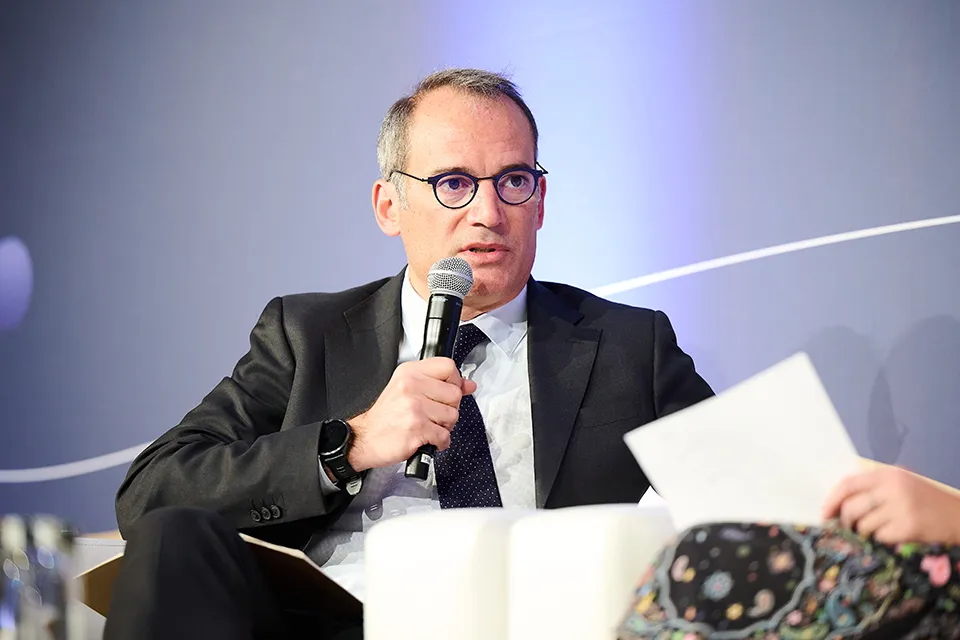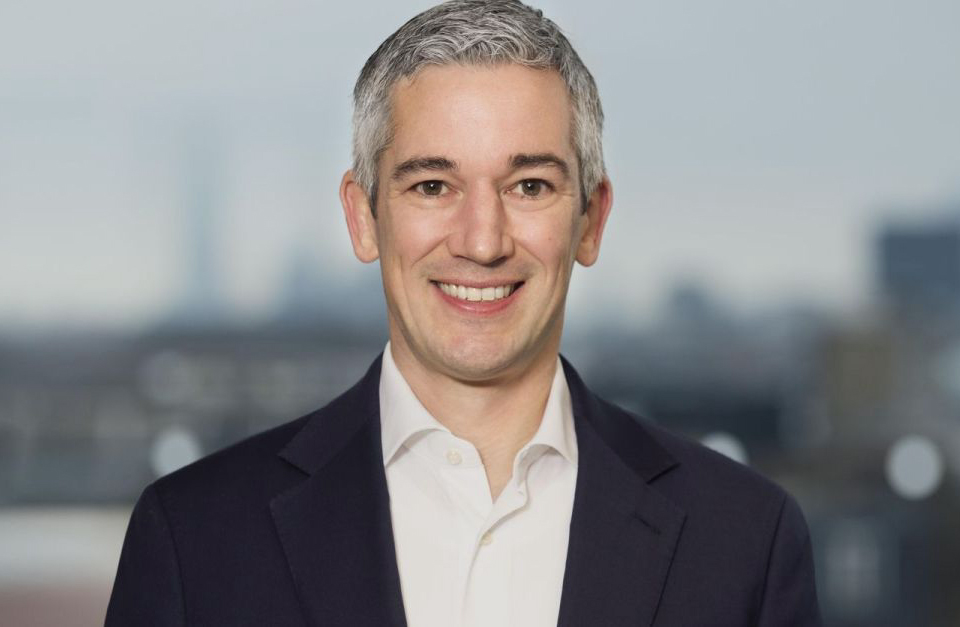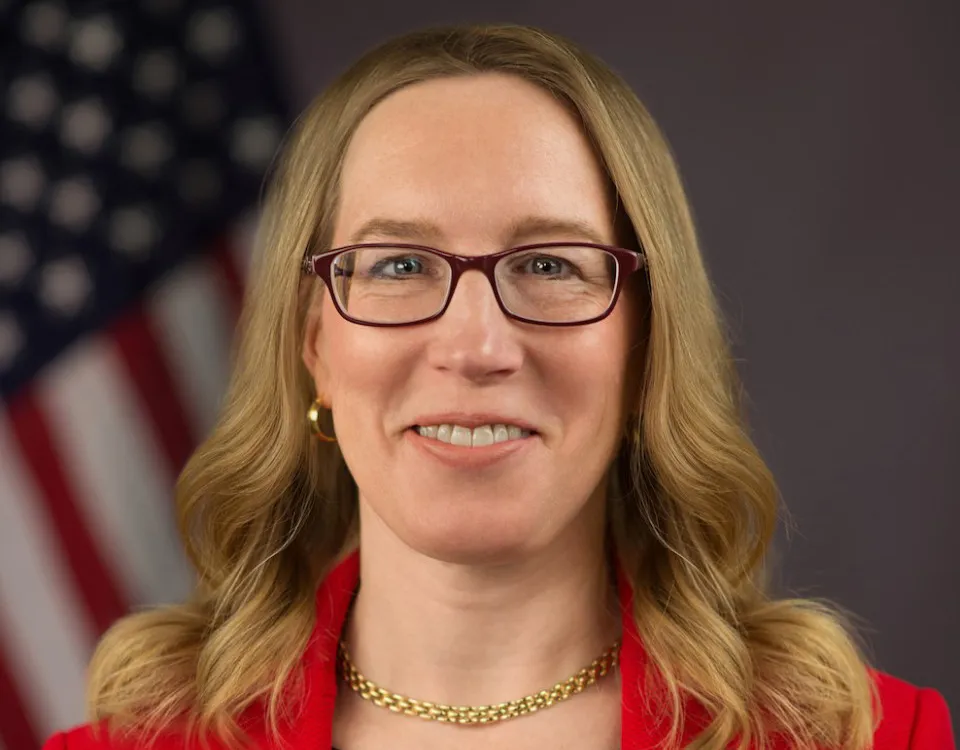ESG


Sustainability
Philippines: Blueprint for sustainable finance in Apac

Wealth
Transformative trends in wealth management
In partnership with National Bank of Kuwait, Arab Bank and CIB


Sustainability
Uncharted waters: where next for blue bonds?

Corporate banking
Piraeus’s Vlachopoulos on building resilience

Capital markets
IFC’s Garcia Mora on the roadmap to scale climate finance

Capital markets




